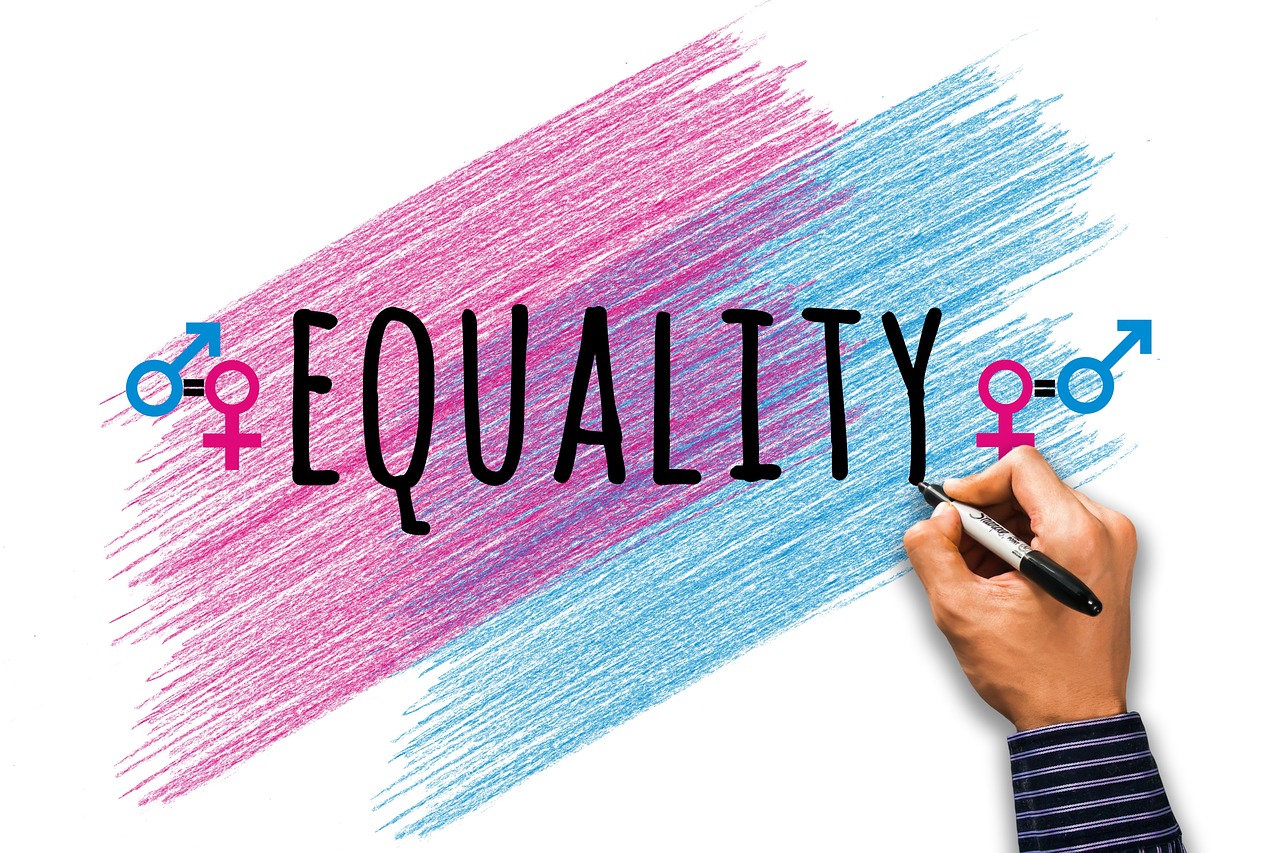The meaning behind the definitions of ‘woman’ ‘man’ and ‘sex’ in the Equality Act 2010: For Women Scotland -v- The Scottish Ministers UKSC/2024/0042

In February of this year, we wrote about the expected Judgment of the Supreme Court in the case of For Women Scotland -v- The Scottish Ministers. That Judgment has now been handed down.
Background
In 2020, For Woman Scotland Ltd appealed to the Inner House in response to the definition used of the term “woman” in the Gender Representation on Public Board (Scotland) Act 2018 (“the Act”) and associated guidance. The purpose of the legislation was to set targets to increase the proportion of women on public board in Scotland.
The Act and associated guidance defined “woman” as including people:
- Living with the protected characteristic of gender reassignment;
- Living as a woman; and
- Proposing to undergo/undergoing/who have undergone a gender reassignment process.
Inner House Decision
The Inner House held that the statutory definition was unlawful as it involved an area of law which could only be determined by UK Parliament, therefore falling outside the legislative competence of the Scottish Parliament.
Following this decision, the Scottish Ministers issued new guidance stating that the definition of “woman” is the same as that in the Equality Act 2010 (“EqA 2010”).
Section 212 of the EqA 2010 states that a “woman” means a female of any age and a “man” means a male of any age.
The new guidance also stated that the definition of “woman” included a person with a Gender Recognition Certificate (“GRC”).
A GRC is a document which allows trans people to legally update documents that refer to their birth gender. A person can apply for a GRC if they are over 18, have been diagnosed with gender dysphoria, have been living in their affirmed gender for at least two years and intend to live in the gender for the rest of their life.
In 2022, For Women Scotland Ltd challenged the lawfulness of the updated guidance asserting that the definition of a “woman” under the EqA 2010 refers to biological sex and therefore does not include a trans person with a GRC recognising them as a woman. The Scottish Ministers asserted that the definition refers to “certified sex,” meaning that it would include a trans person with a GRC recognising them as a woman.
Following a dismissal by the Outer House and the Inner House, For Woman Scotland Ltd appealed to the UK Supreme Court.
Supreme Court Judgment
In considering their appeal, the Supreme Court had to consider Parliament’s intention when passing the relevant legislation.
The Supreme Court referred back to the Sex Discrimination Act 1975 (“SDA 1975”) which first established a woman’s right not to be directly or indirectly discriminated against (with certain exceptions), commenting that there is no doubt that Parliament’s intention was that the words “man” and “woman” referred to biological sex.
The Supreme Court also referred to the more recent Sex Discrimination (Gender Reassignment) Regulations 1999 (“the Regulations”), which amended the SDA 1975 by introducing prohibition of discrimination on the grounds that a person is trans but commented that the Regulations did not amend the SDA 1975 to amend the meaning of “man” or “woman.”
In 2010, the SDA 1975 and the Regulations were replaced by the EqA 2010, but no amendments were made to the definitions of “man” or “woman.”
In considering the interpretations, the Supreme Court commented that:
- “A certified sex interpretation would crease two sub-groups within those who share the protected characteristic of gender reassignment, giving trans people who possess a GRC greater rights than those who do not” [198] – [203]
- “A certified sex interpretation would also weaken the protections given to those with the protected characteristic of sexual orientation for example by interfering with their ability to have lesbian-only spaces and associations” [204] – [209]
The Supreme Court therefore unanimously allowed For Women Scotland Ltd’s appeal ruling that a GRC does not change a person’s legal sex for the purposes of the EqA 2010 as the terms ‘man’, ‘woman’ and ‘sex’ refer to biological sex, as any other interpretation would render the EqA 2010 incoherent and impracticable to operate.
Protection from discrimination
Importantly, the Judgment does not remove protection from discrimination for trans people, with or without a GRC.
Gender reassignment is a protected characteristic pursuant to s.7 EqA 2010. A person has this protected characteristic if they are proposing to undergo, are undergoing or have undergone a process (or part of a process) for the purposes of reassigning their sex by changing physiological or other attributes of sex. A person with this protected characteristic remains protected from both direct and indirect discrimination, harassment and equal pay under the EqA 2010.
Separately, a trans person will also have the protected characteristic of sex according to the terms of their GRC. Case law allows that a trans woman can still claim sex discrimination if they are perceived to be a woman, and a trans man can claim sex discrimination if they are perceived to be a man. A certified sex reading is not required for this protection.
Further, for those without a GRC, whether they have the protected characteristic of gender reassignment or not, they retain the protected sex characteristic in which they were born.
Implications for employers
Following the Judgment, the Equality and Human Rights Commission (“ECHR”) has issued interim guidance reminding employers that it is compulsory for them to provide single-sex toilets, as well as single-sex changing and washing facilities where needed.
The ECHR has also commented that trans women should not be permitted to use women’s facilities and trans men should not be permitted to use men’s facilities. Therefore, where possible, unisex toilets should be provided in addition to single sex facilities. Where toilet, washing or changing facilities are in lockable rooms, they can be used by either sex.
The ECHR is working to provide an updated Code of Practice to the Government by the end of June 2025 for ministerial approval.
While we now have clarity of the legal interpretation of ‘sex’, ‘man’ and ‘woman’, the result has wide-reaching practical implications for employers as the Judgment may mean that employers have to backtrack on years of work spent advancing their diversity inclusion policies.
For further information or to discuss a potential employment law or discrimination claim, please contact our specialist employment solicitors on 0207 3950 5234 or info@rllaw.co.uk. We are ranked as a ‘Leading Firm’ in the Legal 500 and Chambers and Partners independent guides to the UK Legal Profession.
7 May 2025.



